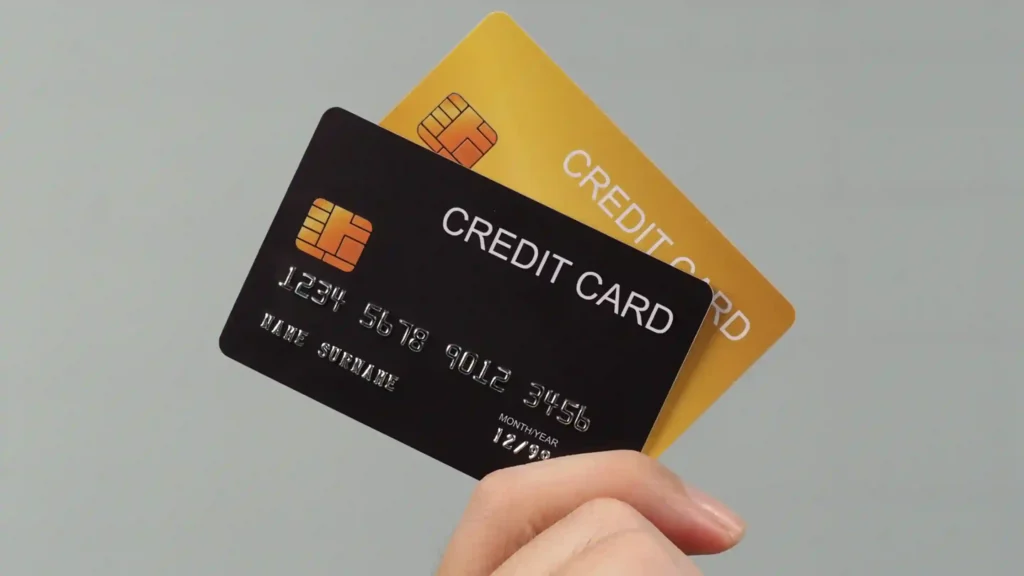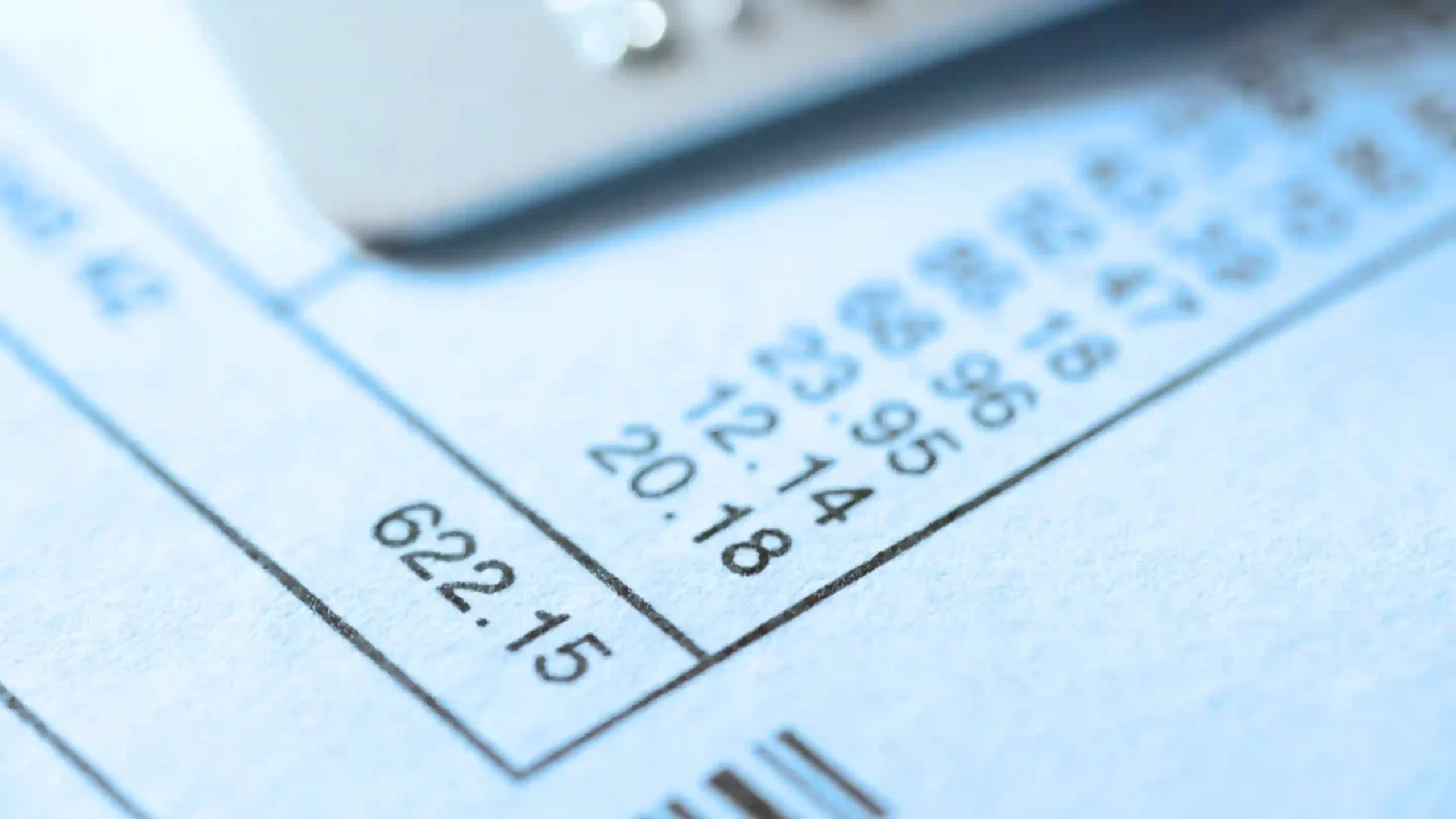In fact, adding a second credit card to your wallet can be a wise move to maximize rewards, boost your score, or simply enjoy more perks. However, among all the choices, picking the right second credit card for you can feel daunting. Here’s how to select the appropriate one to accompany your existing one.
Define Your Goal
- Another Card: The trick is to think a little about where you are right now with this first card and then decide why the second one becomes relevant before you apply. Here are a few reasons why some people want a second card.
- Establishing Credit: If used thoughtfully, a second card can help in lowering your credit usage ratio, a measure of how much available credit you are using in relation to how much you have — and raise your credit score.
- Reward Optimization: A secondary card sometimes provides you with different rewards than your primary (travel points not available on the first card, cash back, etc.)
- Lowering Interest Rates: If you have a card with a high-interest rate, a second card with a 0% APR intro offer will save you money on purchases or balance transfers.
Seek out Synergetic Perks
Pick a second card that has benefits your first card lacks. If your first card is a cashback on everyday purchases card, then a second one could have a travel rewards program (for use on vacations or weekend getaways as these cards have no foreign transaction fees) or higher cashback in categories in which you don’t currently receive cashback.
Examples:
- Cashback Cards: If your first card earns rewards points, a second card that provides accelerated cashback on some categories can make a great one-two punch.
- Travel Rewards Cards: If your initial card is a general cashback card, a secondary card that offers travel rewards could help you accrue points for your next trip.

Consider Annual Fees
The best second credit cards often charge annual fees. If you are trying to keep costs to a minimum, make sure you are looking at a card with no annual fee but good rewards. If that card has enough benefits, higher rewards points, or travel perks, for example: an annual fee may be worth it.
Check for Introductory Offers
Others have sign-up bonuses, like additional reward points or cashback, once a certain spending threshold is met. These may provide a nice jumpstart to your second credit card, so it makes sense to look for cards that offer such a deal.
Improve Credit Utilization
A primary advantage of adding a second credit card is that it can lower your credit utilization ratio, having a positive impact on your credit score. A low utilization ratio (ideally below 30% of what you’re using vs. what you have) shows lenders that you know how to use credit in a responsible way.
Best Second Credit Cards: The Top Picks
Depending on your goals, here are some good options:
- Chase Freedom Unlimited®: 1.5% cash back on all purchases, plus a registration bonus. Excellent for earning uncomplicated, steady cashback.
- Citi® Double Cash Card: 2% cash back on all purchases. 1% to buy, 1% to pay it off. Well-fit for no-frills cashback.
- American Express® Gold Card: 4 points back at dining and restaurants. Great if you eat out a lot.
- Chase Sapphire Preferred® Card: 2x points on travel and dining; big registration bonus. Great for travel rewards.
Conclusion
The best second credit card for you will be determined by your financial goals. Whatever your goals: whether it’s to accrue more rewards, boost your credit score, or earn extra perks, there’s a card for you. Determine your priorities, fees, and rewards structure, and then choose the card that best compliments your existing one.






